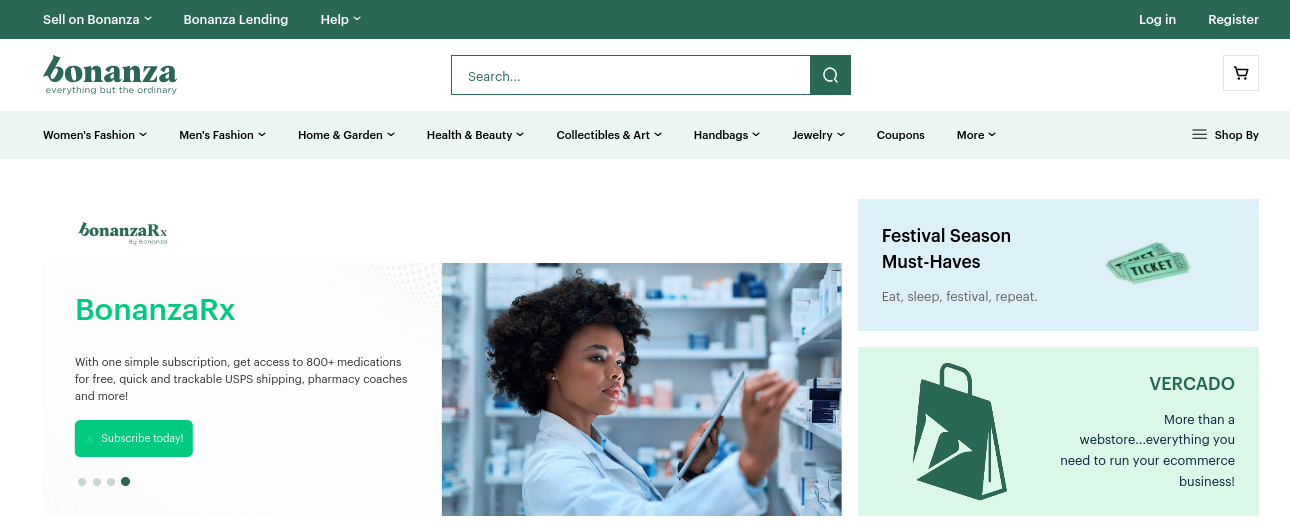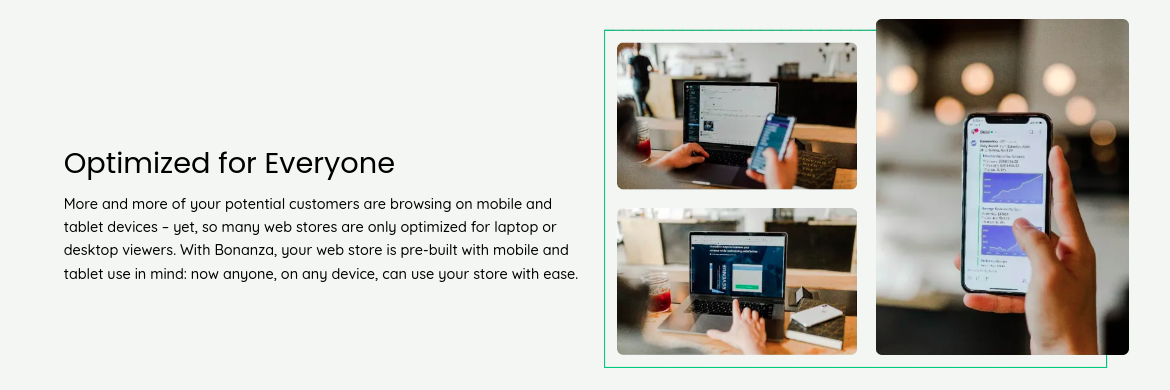Real-time communications play a critical role in eProcurement and B2G (Business-to-Government) relations due to several key reasons:
- Efficiency and Speed: In eProcurement, transactions need to occur swiftly and efficiently. Real-time communications facilitate instant exchange of information, such as purchase orders, invoices, and delivery notifications. This speed ensures that procurement processes are streamlined, reducing delays and improving overall efficiency.
- Transparency and Accountability: Real-time communication enhances transparency in B2G relationships by providing immediate updates and statuses on transactions. This transparency fosters trust between businesses and government agencies, as both parties have real-time visibility into the procurement process, ensuring accountability at every stage.
- Decision-Making and Agility: Timely communication allows for quick decision-making. In eProcurement, businesses often need to adjust orders, respond to government requests, or clarify specifications rapidly. Real-time communication enables stakeholders to address issues promptly, leading to agile responses and smoother procurement cycles.
- Compliance and Regulation: Government procurement processes are often subject to strict compliance regulations and deadlines. Real-time communications help ensure that all regulatory requirements are met in a timely manner. This includes compliance with procurement laws, reporting standards, and documentation submission deadlines.
- Cost Savings: Efficient communication reduces operational costs associated with procurement. By minimizing delays and errors, real-time communications help businesses and government agencies optimize resource allocation and reduce the administrative burden of managing procurement processes manually.
- Customer Service and Satisfaction: For businesses engaged in B2G transactions, real-time communications contribute to better customer service. Prompt responses and updates enhance customer satisfaction by providing a seamless experience throughout the procurement lifecycle.
- Integration and Automation: Real-time communication capabilities can be integrated with automated systems and platforms, such as eProcurement software and ERP (Enterprise Resource Planning) systems. This integration further streamlines processes, reduces manual effort, and ensures data accuracy across systems.

Please note that if you don't cancel the trial it will roll into the annual plan in 60 days: https://www.bonanza.com/vercado/pricing
Overall, real-time communications are indispensable in eProcurement and B2G relations because they support efficiency, transparency, compliance, and cost-effectiveness, while also enhancing decision-making and customer satisfaction. These factors collectively contribute to a more agile and responsive procurement ecosystem, benefiting both businesses and government entities alike.
